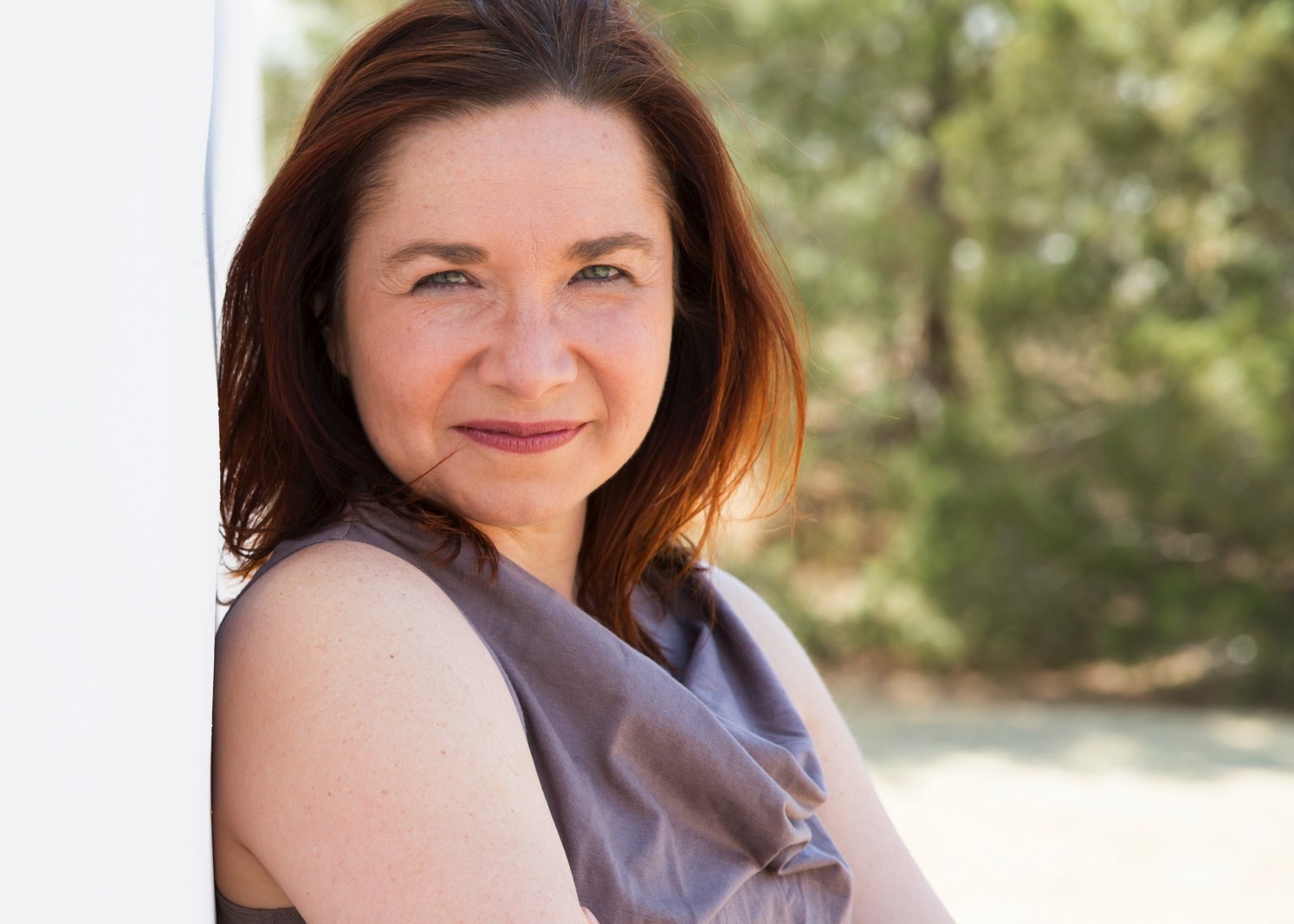I’ve been writing blogs for nine years now and I receive the greatest response — much of it negative –whenever I write about climate change. I suspect that at least some of those who react are paid by the carbon industry to sow doubt. I accept the scientific consensus that that climate change is real, that it’s human-induced and that it’s already causing catastrophic damage. Taking my cue from organizations, such as the International Panel on Climate Change and NASA, I tend to be uncompromising whenever writing or speaking about the issue.
A soft approach
Katharine Hayhoe, however, takes a softer approach. The Texas Tech University scientist is coming to prominence in the U.S. She’s a Canadian by birth and an evangelical Christian. And that’s important in the U.S., where 30 per cent of the population are evangelicals — most of them loyal supporters of Republican politicians who often claim that talk of global warming is a hoax perpetrated by the Chinese, by liberals or by anyone else who comes to mind.
In 2009, Hayhoe and her husband, Andrew Farley, published a book called, A Climate for Change: Global Warming Facts for Faith-Based Decisions. In it, they acknowledge that many Christians are skeptical of climate science and suspicious of those who describe it as a crisis.
But the couple responds with both science and a kind of popular theology. “Christians are beginning to realize that climate change is really about physical changes that can have serious consequences on our lives,” they write. “It’s about temperature records and rainfall patterns, not liberals or conservatives. We’ve reached the point where we can no longer stand by, believing that climate change is the invention of some radical mastermind to push forward his or her political agenda.”
Effective communicator
These days, Hayhoe seems to be everywhere addressing climate change, giving speeches, creating videos and posting regularly on social media. More recently, she has been invited to the White House by U.S. President Barack Obama and profiled in the New York Times, which described her as “one of the nation’s most effective communicators on the threat of climate change and the need for action.”
In the article, NASA scientist Gavin Schmidt explains that Hayhoe’s religious faith is a key to her message with Christian groups because people are more likely to accept unwelcome truths if they come from within their community rather than outside of it. Hayhoe insists that she’s committed to consensus rather than confrontation and to having conversations with people rather than debates.
People in the streets
Still, while Hayhoe tried to convince skeptics in church basements, other environmental activists, such as Naomi Klein and Bill McKibben, organized giant rallies in anticipation of the 2015 climate talks in Paris. More than half a million people took to the streets in the world’s cities, including the estimated 10,000 who marched in Ottawa.
By all means, Hayhoe should keep talking to church people. But when it comes to convincing political leaders, we need the likes of Klein, McKibben and others to maintain the pressure.
Convincing Trudeau and Wall
Although Prime Minister Justin Trudeau has donned an environmentalist mantle, his carbon reduction target is precisely that of the former Conservative government and something that the Liberals, while in opposition, criticized as being completely inadequate. Saskatchewan Premier Brad Wall, an evangelical Christian, also continues in his attempts to obstruct any meaningful, coordinated action on climate change.
Simply put, politicians are more likely to be influenced by the feet in the street than they are by the views from the pews.
A somewhat shorter version of this post appeared on the United Church Observer website on October, 21, 2016.
Please chip in to keep stories like these coming.



